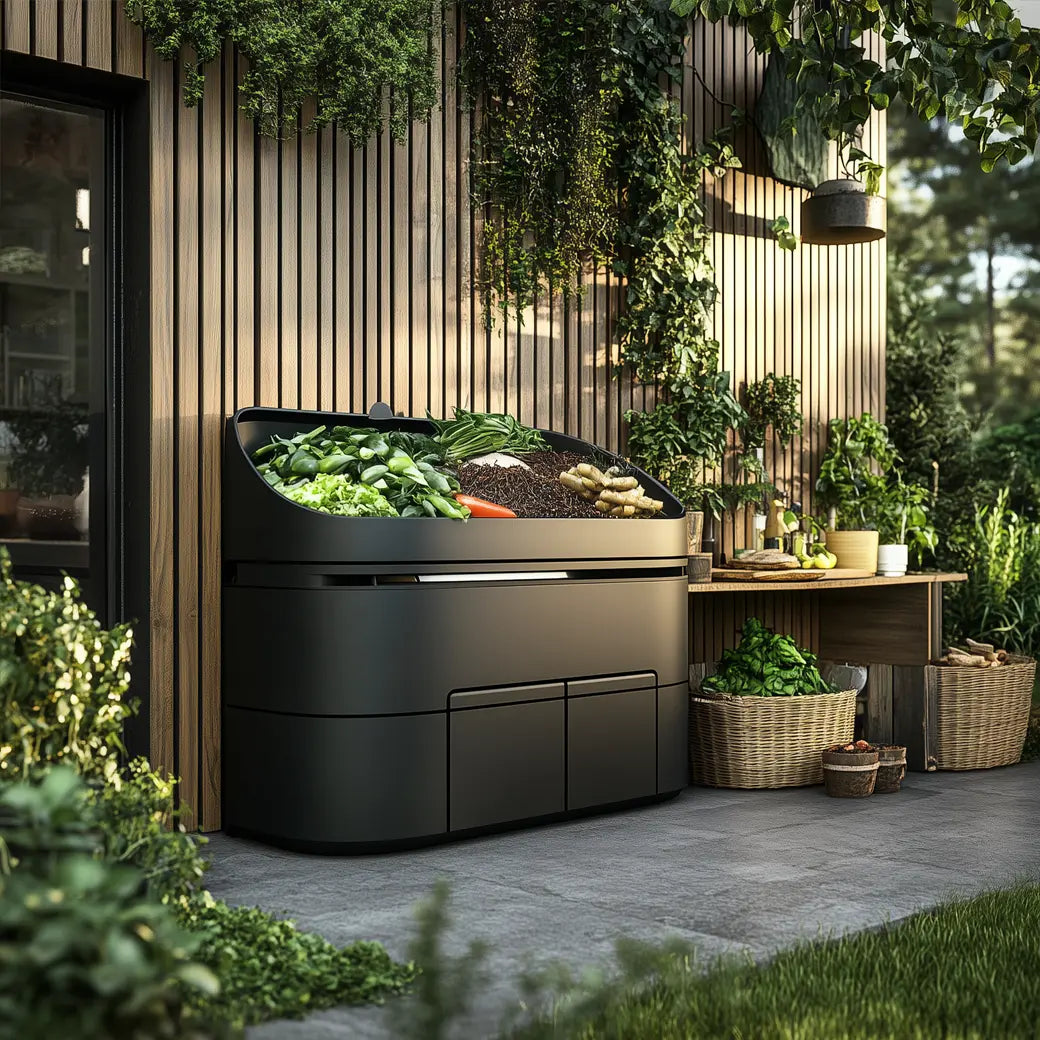Here are some tips for using GARDEN GOLD fertiliser products effectively:
1. Understand the Needs of Your Plants
Different plants have different nutritional requirements. Make sure to choose the right type of organic fertiliser for the plants you're feeding, whether they are flowers, vegetables, or shrubs.
2. Follow Recommended Application Rates
Over-fertilising can harm plants, while under-fertilising may not provide the needed nutrients for optimal growth. This is the reason that GARDEN GOLD recommends a maximum dosage (15ml fertiliser per liter water) rather than a fixed amount.
For consistent results and gentle feeding, GARDEN GOLD liquid fertilisers are formulated for regular use without salt buildup. View liquid organic fertilisers →
3. Apply Fertiliser at the Right Time
Timing is key. Apply organic fertilisers during the growing season when plants are actively absorbing nutrients, typically in spring and early summer. Avoid fertilising during dormant periods.
4. Be careful with young seedlings
When fertilising seedlings, it is essential to take extra care to avoid overwhelming their delicate root systems. Seedlings are at a critical stage of growth, and they require nutrients to develop strong roots and healthy foliage. However, over-fertilising can cause more harm than good, potentially burning the roots or stunting their growth. In this case GARDEN GOLD recommends using half the recommended dosage (2 – 7.5ml fertiliser per liter water).
For young plants and stress-sensitive stages, many growers prefer Sea-Prime Formula , which supports root development and recovery without forcing growth.
5. Use as Part of a Comprehensive Care Plan
Organic fertilisers are most effective when used alongside good gardening practices, such as proper watering, mulching, and pest management.
To make this easy and consistent, GARDEN GOLD Feeding Programs combine the right fertilisers, dosages, and timing into one clear system—so your plants get exactly what they need throughout the growing season.
Explore GARDEN GOLD Feeding Programs →
6. Avoid Applying on Dry Soil
Organic fertilisers may be less effective when applied to dry soil, as they require moisture to break down. Water the soil well before application for best results.
7. Slow-Release Formulas
Organic fertilisers often release nutrients more slowly than synthetic ones, which is beneficial for long-term plant health. Choose slow-release options such as GARDEN GOLD products for more sustainable feeding.
8. Monitor Soil Health
Healthy soil supports healthy plants. Regularly check the soil pH and nutrient levels to ensure they are within the optimal range for your plants. Even a simple and inexpensive pH meter will give you an indication whether your soil is in the right range, usually between pH 5.8 and 7.
9. Compost for Extra Nutrients
Compost is a great source of organic matter and can complement other fertilisers. It enriches the soil with beneficial microbes and helps retain moisture. You can read more here about incorporating both compost and GARDEN GOLD liquid organic fertilisers into your gardening routine as an effective way to maximize plant health.
10. Be Patient
Organic fertilisers often take longer to show results compared to synthetic fertilisers, but they build long-term soil health and improve plant vitality over time.
If you want to apply these principles without guesswork, the GARDEN GOLD Feeding Programs translate these tips into a simple, proven routine—tailored to your plants and growing conditions.
By following these tips, you can maximize the benefits of organic fertilisers while promoting healthier plants and a more sustainable garden.


Leave a comment
All comments are moderated before being published.
This site is protected by hCaptcha and the hCaptcha Privacy Policy and Terms of Service apply.